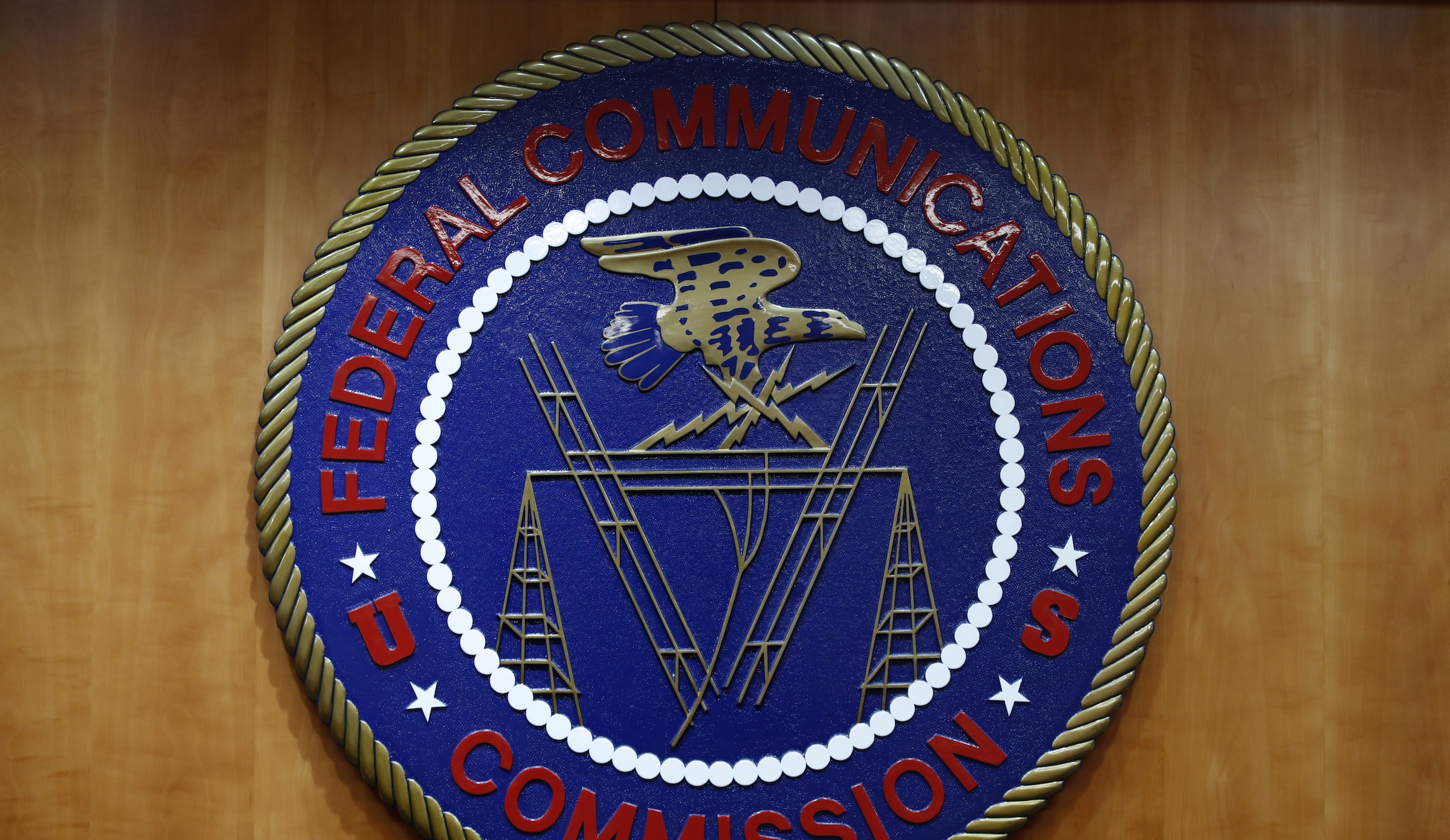

The Federal Communications Commission will vote to restore net neutrality rules, a move that would reverse a controversial FCC ruling from 2017.
Commission Chairwoman Jessica Rosenworcel announced the vote on Wednesday. It has a very good chance of passing, given that of the five commissioners of the FCC board, three are Democrats. The initial move to end net neutrality during the Trump era was met with fierce backlash online.
“The pandemic proved once and for all that broadband is essential,” Rosenworcel said. “After the prior administration abdicated authority over broadband services, the FCC has been handcuffed from acting to fully secure broadband networks, protect consumer data, and ensure the internet remains fast, open, and fair.
“A return to the FCC’s overwhelmingly popular and court-approved standard of net neutrality will allow the agency to serve once again as a strong consumer advocate of an open internet,” she added.
Net neutrality is the requirement that internet service providers do not discriminate based on the source or destination of data. It classifies providers as common carriers under Title 2 of the Communications Act, meaning they can be regulated more heavily as if they were telecommunications providers.
The push to restore net neutrality began last year when the commission voted to consider a proposed rule to reverse the 2017 vote ending it, which was spearheaded by then-FCC Chairman Ajit Pai. He was pilloried online at the time, with critics incorrectly predicting it would result in dire consequences for internet users.
Critics had contended that certain websites or platforms would end up getting throttled or charged extra, but those fears never materialized.
The April vote will undoubtedly receive pushback from the Republican commissioners at the FCC.
CLICK HERE TO READ MORE FROM THE WASHINGTON EXAMINER
In a dissent last October, FCC Commissioner Brendan Carr said that the proposal to return the Obama-era net neutrality rules was bad regulation.
“It should be clear by now the FCC’s efforts to provide utility-style regulation of the internet is not good policy,” Carr said. “Its proponents keep on layering on new shades of lipstick.”






